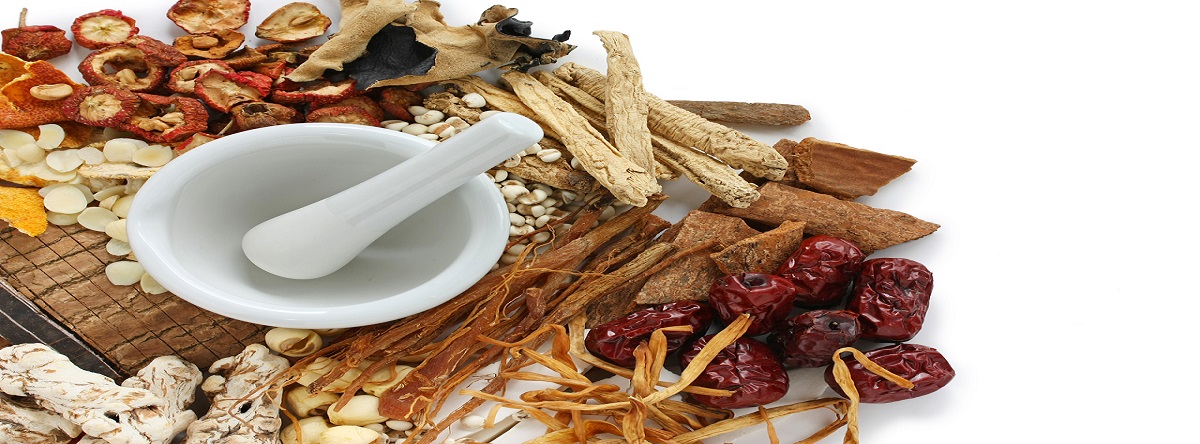 Treatment for dry mouth is possible once you figure out what is causing the problem. Once you do, the treatment for dry mouth concentrates on three things; medical conditions that can cause dry mouth, preventing tooth decay, and increasing the production of saliva.
Treatment for dry mouth is possible once you figure out what is causing the problem. Once you do, the treatment for dry mouth concentrates on three things; medical conditions that can cause dry mouth, preventing tooth decay, and increasing the production of saliva.
Medical conditions that cause dry mouth
If your dry mouth is a result of a medical condition or a side effect from a medication, you can explore the possibility of switching your medication with your doctor. Some medications that treat depression, anxiety, chronic pain, allergies, diarrhea, urinary issues, and Parkinson’s disease often carry the side effect of dry mouth. If you are on any of the medications that treat these medical issues and are experiencing dry mouth, talk with your doctor. He or she might be able to change your medication or change the dosage of said medication and solve your dry mouth problem.
Preventing tooth decay
If your dry mouth cannot be fixed by switching medication and is instead a result of medical treatments such as chemotherapy or radiation, that means your salivary gland could be damaged. In these cases, your doctor can help you find a treatment to increase the flow of your natural saliva.
Saliva has many health benefits you might not realize. It helps you to digest food, which makes it possible for you to chew and swallow. It also acts as a natural cleanser for your mouth. Without saliva, you are more likely to be faced with gum disease and tooth decay. In order to prevent tooth decay and gum disease, you should be focused on good oral hygiene habits, such as:
- Brushing your teeth twice or more a day, specifically before each meal and before bedtime
- Flossing your teeth religiously each day
- Use a toothpaste that contains fluoride
- Visiting your dentist for checkups and cleanings twice a year. Your dentist may also make further recommendations specific to you
Increasing production of saliva
If you are experiencing dry mouth that isn’t the cause of the above, you can visit your dentist and he or she can recommend artificial saliva products that might work for you. These products are available to you over-the-counter. Rinses and sprays are available, as well as toothpastes, mouthwashes, and moisturizers that are explicitly for those with dry mouth.
There are a couple of specific prescriptions that might be available to you.
Evoxac, for example, is FDA approved for those with Sjogren’s syndrome, an autoimmune disease, to help with the side effects of the disease, which include dry mouth, dry eyes, dry skin, and muscle pain.
Salagen is a prescribed medication that is formulated to increase your natural production of saliva. Talk with your doctor to figure out the best course of action for you.
There are also new treatments for dry mouth that are still being worked on. Scientists are working towards a way to repair salivary glands that have been damaged and are even developing an artificial salivary gland that can be implanted.
Reducing dry mouth
Aside from medical treatments, there are other ways that you can manage your dry mouth. These include:
- Drink plenty of water
- Suck on hard candies, ice chips, or popsicles and chew gum. Stimulating the salivary glands can increase the flow of saliva.
- Eat moist foods that aren’t too hot
- Avoid mouthwashes that contain alcohol or peroxide, which can dry out your mouth.
- Avoid salty foods
- Avoid drinking alcohol or caffeine, along with acidic beverages.

